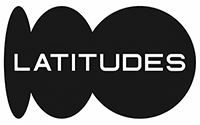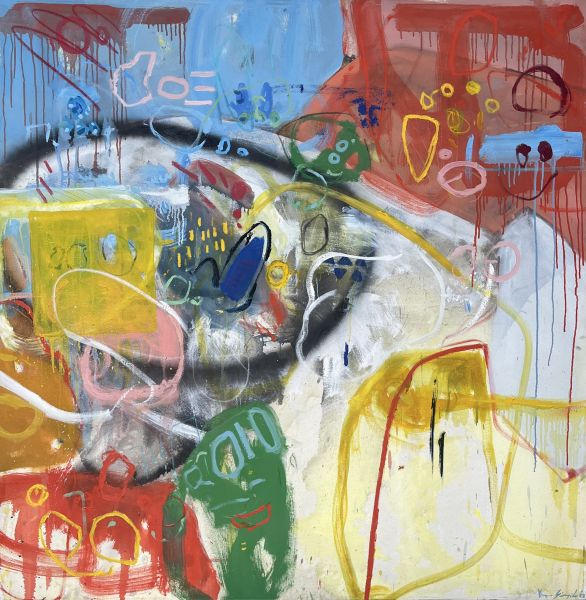Isibaya Sika Baba
Store Review (0)PRESENTED BY : Christopher Moller Gallery
| Frame | None |
|---|---|
| Medium | Mixed media on canvas |
| Location | Cape Town, South Africa |
| Height | 150.00 cm |
| Width | 150.00 cm |
| Artist | Khaya Sineyile |
| Year | 2024 |
Signed by the artist - bottom right.
In Khaya Sineyile's painting titled 'Isibaya Sika Baba' (My Father's Wealth), he explores the tradition of 'Labola' (bride price) in Xhosa culture. ‘Labola’ is a cultural practice where the groom pays the bride's parents in cattle as a form of payment for her hand in marriage.
While this tradition holds cultural and historical significance, Sineyile sheds light on its problematic aspects. Sineyile criticises the commodification of women and the reinforcement of gender inequalities that arise from reducing marriage to a
financial transaction. ‘Labola’ can also impose a financial burden on the groom. Moreover, Sineyile points out that ‘Labola' can perpetuate gender inequality and discrimination by upholding traditional gender roles and power dynamics within marriage. This can result in a sense of entitlement and control from the husband based on the financial contribution he has made.
While Labola is seen by some as a practice that strengthens family bonds and preserves traditions, Sineyile questions whether certain traditional practices may be outdated. The painting features a semi-circle, representing a 'Krall' (or 'ikhaya'), which is an integral part of Xhosa culture. The Krall symbolises community, kinship, and tradition. It signifies the interconnectedness of people and their deep connection to the land, ancestors, and heritage. It serves as a gathering place for elders to discuss matters and protect the community, including the rights of women.
This artwork encourages viewers to reflect on the importance of questioning outdated traditions, finding a balance between tradition and change, and fostering a genuine appreciation for embracing positive aspects while acknowledging the drawbacks.







